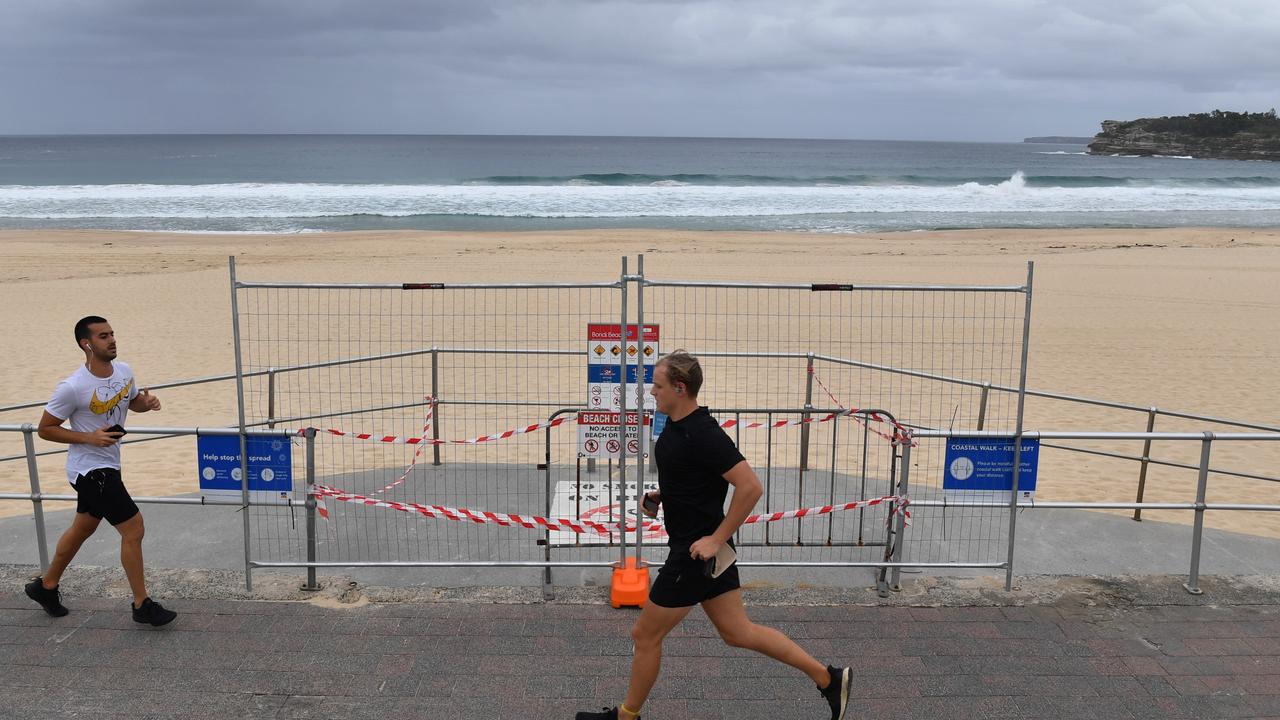COVID-19 caused 75 per cent revenue drop for small businesses in Australia
A huge amount of small Australian businesses have lost a whopping 75 per cent of their income due to the coronavirus crisis.
Australians are being urged to shop local after the massive blow from the coronavirus crisis was revealed.
Three in four small businesses have recorded up to a 75 per cent decline in revenue as a result of the deadly pandemic, according to new data from a leading research group.
And the smaller the entity, the heavier the losses have been.
Nearly one-third of sole traders say they have lost more than 75 per cent of their income, compounding the significant blow to business during the summer’s devastating bush fires.
RELATED: Young Australians most vulnerable in a recession
RELATED: ‘Worst recession since Great Depression’
The small business peak body said the horrific falls recorded in the research, which it commissioned through the CT Group, should serve as a reminder for Australians to focus their spending locally.
“Small businesses are the heartbeat of their communities but they’re doing it really tough,” Council of Small Business Organisations of Australia chief executive Peter Strong said.

“They’re worried about losing customers and their mental health is suffering.
“A third of sole traders have seen almost 80 per cent of their revenue evaporate overnight.”
David Heffernan is a pharmacists at Culburra Beach in NSW who said his business had already been impacted by the fires that tore through the state’s south coast.
“So it had been a tough year for us even before COVID-19,” he said.
And rural truck stop operator, the 24 Seven Group, said the combination of the devastating blazes and the global pandemic meant it had suffered a “double hit”.
“We first suffered because of the SA bush fires and then saw our weekly revenues fall by more than 70 per cent during April and May as a result of COVID-19,” owner Stan Karalis said.
“As the largest employer in some of the small regional towns in which we operate, we are conscious of keeping our people employed and our community going.
“But it has been tough and is likely to be a struggle for some time yet.”

One-third of business owners have been forced to reduce their own pay to keep the doors open and, concerningly, more than half say their livelihoods and mental health have suffered.
More than 60 per cent of the operators surveyed said they intend to buy from other smaller enterprises into the future but Mr Strong said this needs to be extended throughout the community.
“Small businesses can’t do it alone, which is why it’s promising that 63 per cent of Australians say they will buy goods or services from a local small business over the next month,” he said.
“It’s been heartening to see people rally behind their local businesses over the past few months but we still need more Australians to think and go local first when they shop.
“When you shop local your money stays in the community, meaning local small businesses will still be there when things are back to normal and they can continue to sponsor the local school fete or sport club.
“Locally, small businesses are the beating heart of their community but together, they’re the backbone of the national economy.”




